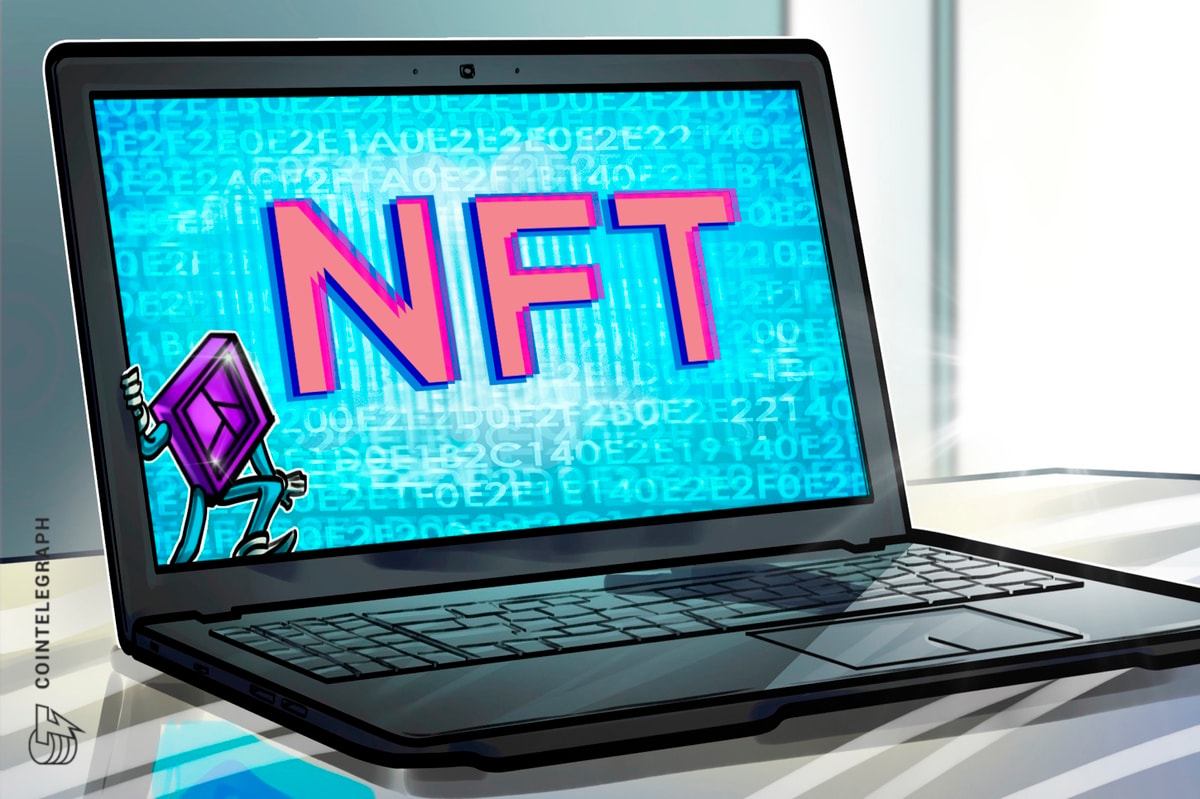The Twitter account belonging to early Bitcoin contributor and adopter Hal Finney has been reactivated after twelve years of inactivity.
Finney was the first individual to receive a blockchain transaction from Bitcoin creator Satoshi Nakamoto in 2009. He continued to use and contribute to Bitcoin until he passed away from ALS complications in 2014.
Finney’s Twitter account has been dormant since 2010. Concerns emerged in recent days that the account could be deleted under Elon Musk’s plans to delete 1.5 billion inactive accounts — inadvertently erasing part of Bitcoin’s history in the process.
Those concerns were apparently noticed, as Finney’s account became active once again on Dec. 16 at roughly 12:00 p.m. PST. The return of the account initially was met with some skepticism, as Bitcoin advocate and software engineer Jameson Lopp warned that a bad actor could have taken control of Finney’s account.
However, Hal’s wife, Fran Finney, soon confirmed that she was managing the account on behalf of her husband. She addressed Lopp in a tweet, writing:
This is [Fran Finney]. I am tweeting for Hal… to avoid his account being purged by Elon.
She later wrote:
I want to keep Hal’s account active, and occasionally will be posting from his account. When I do post, I will continue to tag myself as the poster.
The news comes shortly after another development related to early Bitcoin activity. On Tuesday, Dec. 13, Martin Shkreli attempted to show that, based on an encrypted signature, the pseudonymous Satoshi Nakamoto is in fact former cartel boss and programmer Paul Le Roux. The signature in question reads:
This Transaction was made by Paul Leroux to Hal Finney on January 12, 2009 #bitcoin
The signature seems to have been created by Finney’s real address. However, one commentator has pointed out that type of signature used to make the admission was not implemented in Bitcoin until after Finney’s death. Therefore, the statement in that signature could not have been made at the time of the transaction in 2009. Finney’s private key has likely been stolen, and the statement is likely false.
As such, the authentic reactivation of Finney’s account today appears to be unrelated to the apparently fake Bitcoin signature seen earlier this week.
Read More: cryptoslate.com











 Bitcoin
Bitcoin  Ethereum
Ethereum  Tether
Tether  XRP
XRP  Solana
Solana  USDC
USDC  Dogecoin
Dogecoin  Cardano
Cardano  TRON
TRON  Lido Staked Ether
Lido Staked Ether  Wrapped Bitcoin
Wrapped Bitcoin  Sui
Sui  Hyperliquid
Hyperliquid  Wrapped stETH
Wrapped stETH  Chainlink
Chainlink  Avalanche
Avalanche  Stellar
Stellar  Bitcoin Cash
Bitcoin Cash  Shiba Inu
Shiba Inu  LEO Token
LEO Token  Hedera
Hedera  Toncoin
Toncoin  Litecoin
Litecoin  Monero
Monero  WETH
WETH  Polkadot
Polkadot  USDS
USDS  Bitget Token
Bitget Token  Wrapped eETH
Wrapped eETH  Binance Bridged USDT (BNB Smart Chain)
Binance Bridged USDT (BNB Smart Chain)  Pepe
Pepe  Pi Network
Pi Network  Ethena USDe
Ethena USDe  WhiteBIT Coin
WhiteBIT Coin  Coinbase Wrapped BTC
Coinbase Wrapped BTC  Aave
Aave  Bittensor
Bittensor  Dai
Dai  Uniswap
Uniswap  NEAR Protocol
NEAR Protocol  Aptos
Aptos  Jito Staked SOL
Jito Staked SOL  OKB
OKB  Ondo
Ondo  BlackRock USD Institutional Digital Liquidity Fund
BlackRock USD Institutional Digital Liquidity Fund  Cronos
Cronos  Ethereum Classic
Ethereum Classic  Internet Computer
Internet Computer